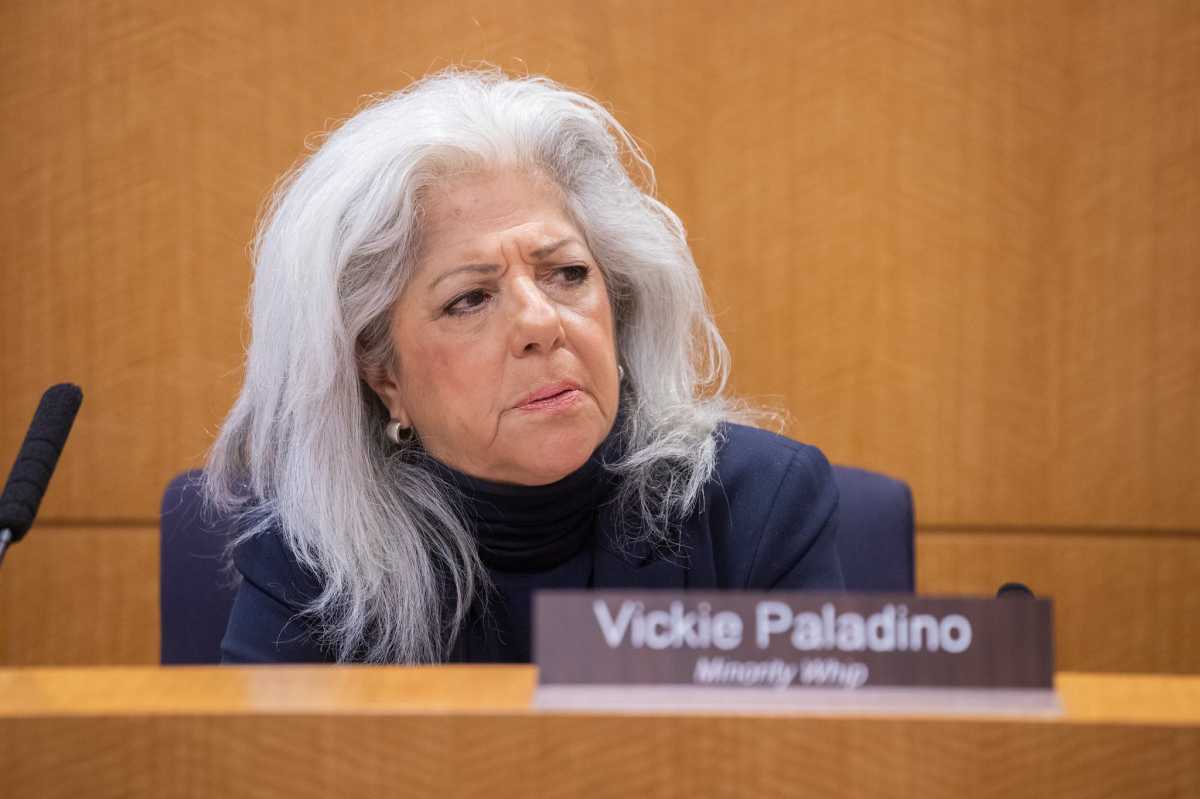State Senator Frank Padavan announced the elimination of the Marriage Penalty, which translates to an increase in the standard deduction for married taxpayers that will result in $41 million in tax savings for married New Yorkers.
The end of the Marriage Penalty applies to 2006 taxes which are filed by April 15 of 2007. This change will bring the standard deduction for married couples in line with the standard deduction that singles currently enjoy.
The announcement, which was part of a package of tax relief that included child tax credit, credits for volunteer firefighters and emergency personnel, sales tax relief, commercial tax credits and other measures was made on Tuesday, December 26. The new laws took effect on January 1, 2007.
“We have fought to provide New Yorkers with lower taxes, a more stable economy and benefits that recognize those who fight for us. Some of the new laws that took effect on January 1 are what my colleagues and I in the Senate Majority have been working towards all year,” Padavan said.
Below are some of the new laws that are now in effect.
• The Empire State Child Tax Credit is a personal income tax credit equal to one-third of the federal child tax credit for children between the ages of four and seventeen, and will save New York parents as much as $600 million in 2007.
• Tax Credits for Volunteer Firefighters and Emergency Personnel will help to encourage residents to join their local volunteer fire departments with a $200 personal income tax credit for those who do not receive a local property tax exemption - savings equal to $26 million.
• Single Sales Factor, phase two of a three-phase plan, will help to save New York businesses $43 million in 2007 and $130 million when fully implemented. Single Sales Factor helps to prevent the outsourcing of jobs and save taxpayer money by not penalizing companies for increases in payroll or capital investments in the State.
• Commercial Tax Credits will help keep jobs in New York by offering a $7 million tax credit pool to qualified production companies filming or recording radio commercials in New York.
• The Medicaid Inspector General will help to resolve payment discrepancies and detect inaccurate billings and to impose checks and balances on the system to help prevent fraud within the Medicaid system.






























